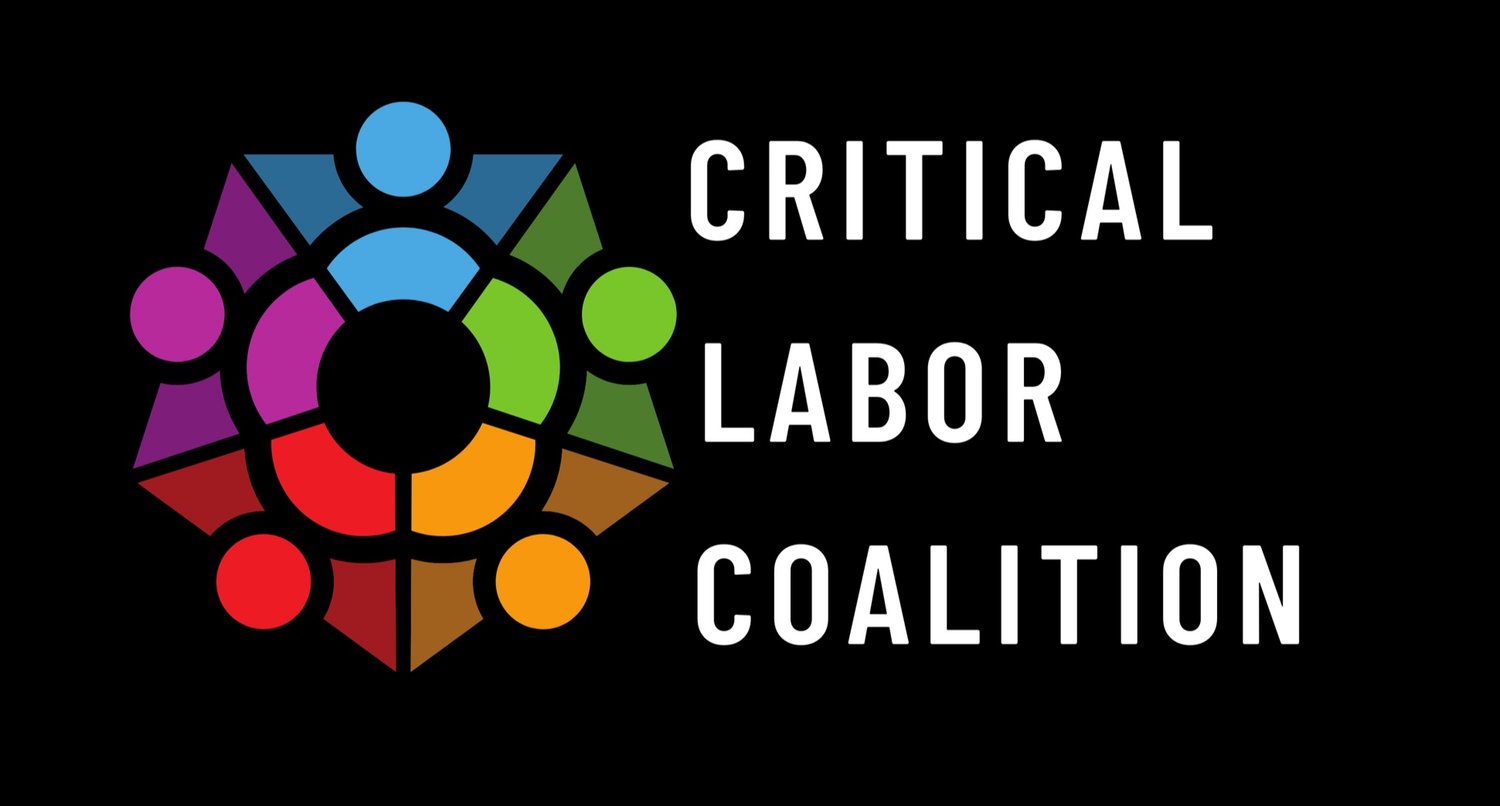letter to congress
September 6, 2022
Members of the United States Congress,
As we celebrate Labor Day and honor the achievements of America’s workers, we must also address the national crisis currently affecting these men and women – a critical labor shortage, particularly in the service industry. At the height of the pandemic, more than 120,000 businesses temporarily closed, and more than 30 million U.S. workers were unemployed. Although the job market is slowly recovering, millions of workers are not returning to the workplace. In fact, absent the pandemic, there would be 3.4 million more Americans participating in the labor force today.[i]
Studies show that the service industry has been hit the hardest when it comes to the labor shortage. An increase in virtual and hybrid “work from home” opportunities has created a void in demand for positions which require an in-person presence. In fact, the leisure, hospitality and retail industries have the highest quit rates since November 2020, consistently above 4.5 percent.[ii]
Even if the unemployment levels fell to zero, however, there would still be a need for workers. An increase in retirees[iii], fewer caregiving options,[iv] COVID-related wellness issues[v]and an overall decrease in workforce participation[vi] are just a few factors which have led to today’s critical labor shortage.
As of June 2022, the adult labor force participation rate stood at about 62%, down from 67% in 2000 and equivalent to the level of the mid-1970s.[vii]
The Critical Labor Coalition (CLC) was formed to address this crisis - finding solutions to the labor shortage and unleashing the potential of the American workforce. Comprised of trade associations, nonprofit organizations and America’s largest employers, CLC advocates with one voice for policies that provide opportunities to enter or return to the workforce. With targeted advocacy, research, and education efforts, CLC’s mission is to reinvigorate the workforce, stimulate the economy and put money in the pockets of U.S. workers.
CLC supports bipartisan policy solutions and works with outside trade associations, non-profit organizations and other interest groups to seek commonsense answers to the critical labor shortage problem. While there is no “silver bullet” to solve this crisis, CLC currently supports the proposals below which specifically focus on the following communities of workers:
Guest workers - supporting the Essential Workers for Economic Advancement Act (EWEA), which creates a visa program for the service industry and streamlining visa and asylum programs to limit processing delays;
Retirees – eliminating age limits for Earned Income Tax Credit (EITC) eligibility and addressing penalties on social security benefits for returning to work;
Younger workers – eliminating age limits for EITC eligibility, incentivizing tuition assistance and student loan repayment programs and expanding work-based learning opportunities;
Entry level workers – expanding EITC to include all working adults, supporting a permanent Work Opportunity Tax Credit (WOTC) and promoting flexibility in employer benefit offerings for recruitment and retention purposes;
Caregivers - expanding child and dependent care tax credits, promoting flexible savings accounts and other tax incentives for working families;
Second chance workers - re-establishing second chance work opportunities, supporting programs which motivate employers to return justice-involved adults to the workforce.
By removing barriers to entry and creating opportunities for these populations, employers can meet consumer demand and America’s workforce can continue its recovery.
On August 26, 2022, the U.S. Bureau of Labor Statistics noted
“[f]rom January 2019 through December 2021, there were 3.6 million workers displaced from jobs they had held for at least 3 years. This was up by 924,000 workers from the prior survey period. In January 2022, 65 percent of these workers were reemployed.”
That leaves 1,260,000 still out of work – and with inflation on the rise, COVID-related savings dwindling and the economy struggling to recover -the time is now.
As the year comes to a close and another congressional session begins, we ask that you consider the policy proposals listed above. We look forward to working with you on reinvigorating the workforce!
Sincerely,
Misty Chally, Esq.
CLC Executive Director



